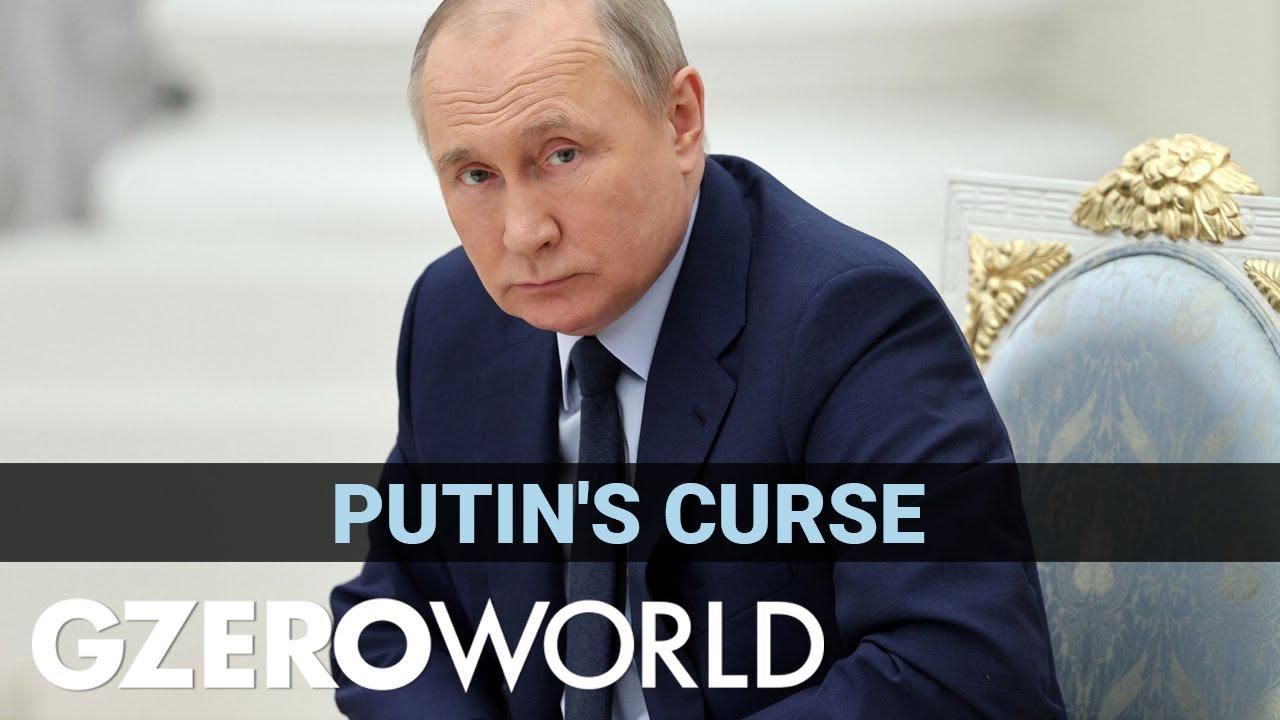GZERO World with Ian Bremmer
The Autocrat's Curse

How Putin Created the Ukrainian Resistance | The Autocrat’s Curse | GZERO World with Ian Bremmer

Thrilled to announce that GZERO has won the Bronze Telly Award for general history for this episode of GZERO World with Ian Bremmer (which was originally published online May 2, 2022.)
Two months ago, Joe Biden said invading Ukraine would cost Russia and Vladimir Putin dearly.
Since then, not much has gone Putin's way. But can he climb down without a win he can sell back home?
While the Russians focus on the Donbas, the US now seems to think it can make Russia lose — which could trigger an escalation if Putin feels he's out of options.
On GZERO World, Ian Bremmer speaks to political scientist Ivan Krastev, who believes Putin has the autocrat's curse: his back is against the wall because he can't be perceived as weak.
Krastev unpacks many of Putin's mounting problems, including his long-term fear of a shrinking Russian population, his miscalculations about the war, and why his biggest blunder has been to misread Ukrainians.
Bonus: What do people in America's largest Russian-speaking community think about the war? We visited "Little Odessa" in Brooklyn, where most have distanced themselves from Russia, support Ukraine and condemn the war itself — but there are still tensions below the surface.
In this "ask ian," Ian Bremmer analyzes Trump’s recent meeting with Zelensky and how close (or far) Russia and Ukraine are from a peace deal.
Syrian President Ahmed al-Sharaa attends the military parade of the Syrian army in Umayyad Square in central Damascus to mark the one-year anniversary of the fall of the Assad regime, on Dec. 8, 2025.
A year ago this month, Syria’s brutal dictatorship collapsed. There are signs of recovery, but sectarian violence threatens to undermine the optimism.